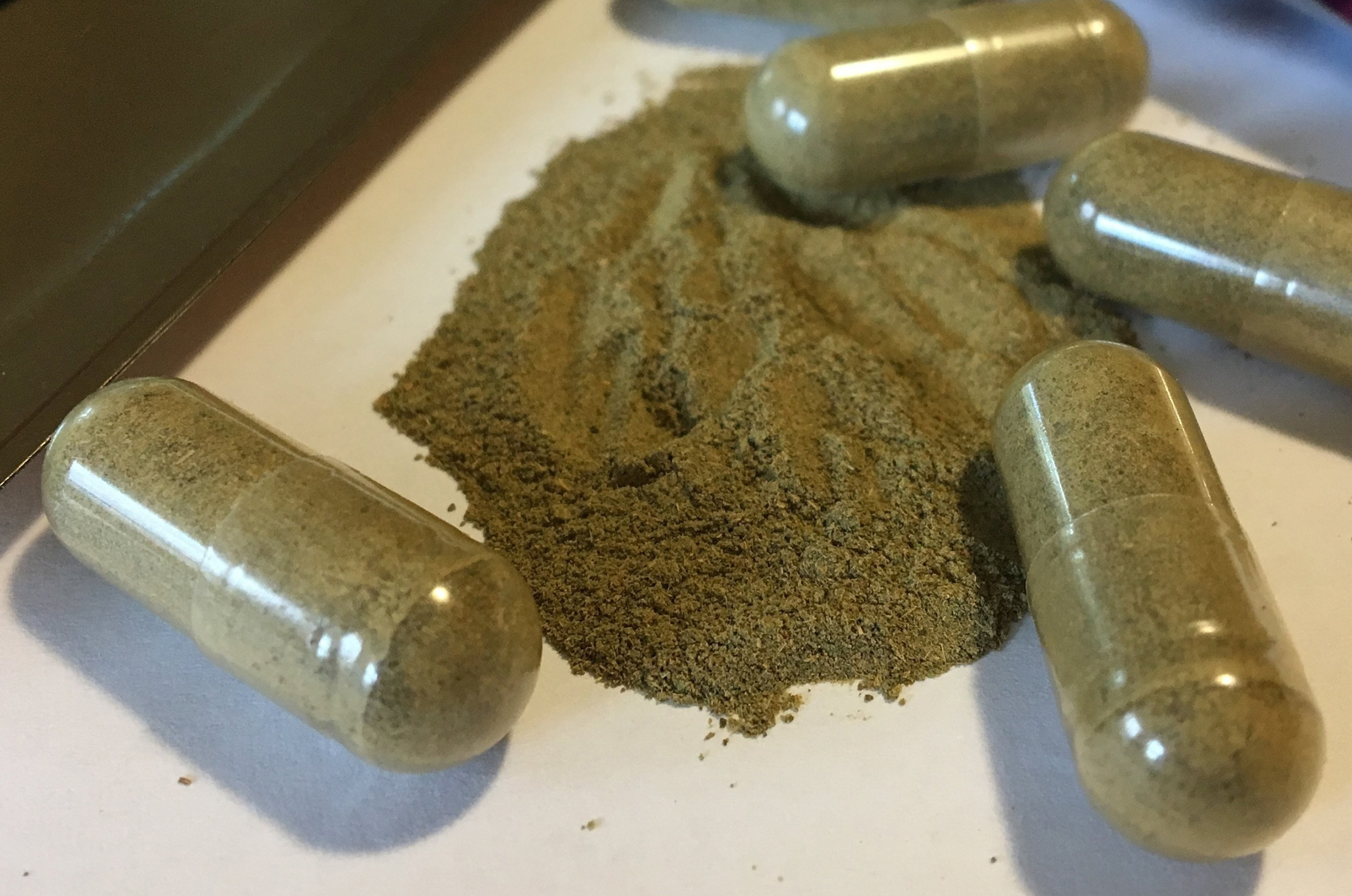The tropical evergreen tree known as kratom belongs to the coffee family. It originated in Myanmar, Thailand, Malaysia, and other South Asian nations. Both stimulants and sedatives have been derived from the leaves or their extracts. It has also been reported that people buy kratom as it helps with opium withdrawal, treats digestive problems, and treats chronic pain. Nevertheless, there haven’t been enough clinical trials to comprehend kratom’s effects on healthfully. Additionally, its use in medicine has not been approved.
How and why does it get used?
Kratom is said to serve as a stimulant when taken in small amounts. Users of low doses frequently express feeling more sociable, energetic, and attentive. Kratom has been described as calming, euphoric, and dulling emotions and feelings at greater doses. The two primary chemical components of kratom are mitragynine and 7-hydroxy mitragynine. Research suggests these alkaloids may have analgesic (pain-relieving), anti-inflammatory, or muscle-relaxing actions. As a result, kratom is commonly used to treat fibromyalgia symptoms.
The plant’s distinctive green leaves are dried and ground into a powder. There are fortified kratom powders on the market, which are typically brown in color. These crushes also contain other plant extracts.
Side Effects
When taken orally, kratom may be harmful to the majority of people. When taken frequently, it may result in dependence and withdrawal symptoms. When taken orally, kratom can cause several side effects, including aggression, hallucinations, delusions, dry mouth, frequent urination, constipation, nausea, vomiting, and thyroid problems.
Reduced appetite, diarrheal, muscle pain, muscle spasms, twitches, watery eyes, anxiety, difficulty sleeping or restlessness, changes in mood, tension, rage, nervousness, hot flashes, and fever are all possible side effects of stopping taking kratom.
The reason behind people’s preference
Additionally, it is feared that kratom’s sedative effects might cause people to breathe too slowly. People might not get enough oxygen as a result of this. Since kratom has not been thoroughly researched, it has not been officially recommended for medical use.
When developing new medications, clinical studies play a crucial role. Studies assist in identifying drug interactions and consistently harmful effects. Additionally, these studies assist in determining dosages that are safe and effective. The effects of kratom could be significant on the body. Kratom alkaloids are almost as numerous as those in opium and hallucinogenic mushrooms.
Conclusion
Humans are profoundly affected physically by alkaloids. Some of these effects can be beneficial, while others can be troubling. This makes it even more important to conduct additional research on this drug. There are significant risks of adverse effects and no established safety measures.


